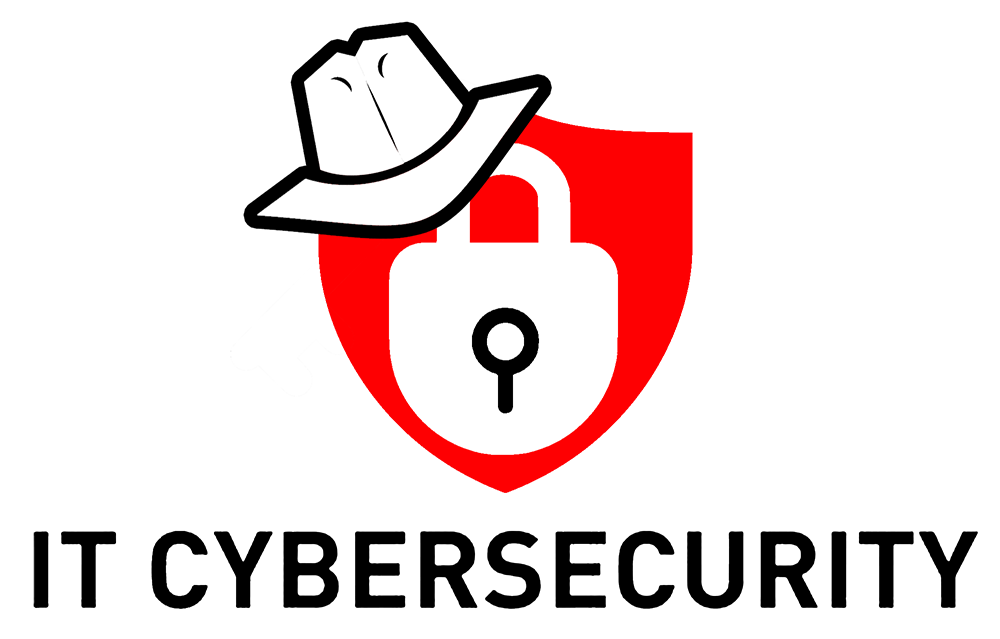Top 5 Cyber Security Tips for Small Businesses in Australia

Small businesses in Australia face numerous cyber threats that can compromise their sensitive data, disrupt operations, and damage their reputation. Implementing robust cybersecurity measures is crucial to safeguard against these risks. Here are the top four cybersecurity tips to help Australian small businesses protect themselves against evolving cyber threats:
1. Educate and Train Employees with a professional Cyber Security Awareness Program
One of the weakest links in cybersecurity for any organization is often human error. Employees unknowingly click on malicious links or fall victim to phishing attacks, leading to security breaches. Educating and training your staff on cybersecurity best practices is paramount.
- Policies & Procedures: A successful cyber security awareness training program should always start with the business. It’s critical that there are strong policies and procedures in place for the awareness training to reinforce.
- Regular Training : Educate your staff with regular cyber security awareness training to educate employees about identifying phishing attempts, recognizing suspicious emails, and adhering to secure password practices and more.
- Hyperealistic Phishing Simulations: Test and measure yourself and your employees cyber security knowledge with simulated phishing & spear phishing attacks.
- Raise Awareness: Emphasize the importance of cybersecurity and create a culture where employees understand their role in maintaining a secure work environment.
2. Implement Strong Access Controls and Authentication
Controlling access to sensitive data and systems is crucial in thwarting cyber threats. Strengthening authentication methods ensures only authorized individuals can access critical information.
- Use Multi-Factor Authentication (MFA): Require multiple forms of verification (such as passwords, biometrics, or tokens) to access systems or sensitive data. MFA adds an extra layer of security beyond just passwords.
- Limit Access Privileges: Implement the principle of least privilege, ensuring that employees have access only to the data and systems necessary for their roles.
3. Regularly Update and Patch Software
Outdated software often contains vulnerabilities that cybercriminals exploit to infiltrate systems. Keeping all software and systems up to date with the latest security patches is crucial for small businesses’ cybersecurity.
- Automate Updates: Enable automatic updates for operating systems, applications, and antivirus software to ensure that security patches are applied promptly.
- Regular Monitoring: Implement a schedule to regularly check for and install updates or patches to address any identified vulnerabilities promptly.
4. Back up Data Regularly and Securely
Data loss due to cyberattacks or system failures can be catastrophic for small businesses. Implementing a robust backup strategy ensures that even in the event of a breach, data can be restored, minimizing the impact.
- Frequent Backups: Regularly back up all critical data and systems to an offsite or cloud-based location. Automated backup systems can streamline this process.
- Encryption and Secure Storage: Ensure that the backup data is encrypted both during transmission and storage to prevent unauthorized access.
5. Secure Passwords with Passphrases
Create robust passwords using passphrases, combining unrelated words, numbers, and symbols to enhance security. Opt for longer phrases that are easy to remember but difficult for others to guess. For instance, construct a passphrase like “Pineapple$25CarrotMountain!” instead of a simple password. Length and complexity significantly bolster protection against brute force attacks. Regularly update passphrases and avoid reusing them across multiple accounts to prevent widespread compromise in case of a breach. Employ a password manager for secure storage and easy management of complex passphrases, ensuring strong protection against unauthorized access.
Conclusion
Cybersecurity is a continuous process that requires proactive measures and constant vigilance to protect small businesses from ever-evolving threats. By prioritizing employee education, access controls, software updates, and robust data backups, Australian small businesses can significantly reduce their vulnerability to cyberattacks. Remember, investing in cybersecurity measures is an investment in the longevity and success of your business.
Implementing these top five cybersecurity tips can significantly enhance the resilience of small businesses in Australia against the growing threat landscape, safeguarding their assets, reputation, and customer trust.
Stay informed, stay vigilant, and stay secure!
Note: The information provided in this article serves as general guidance. For tailored cybersecurity advice, small businesses are encouraged to consult with a cybersecurity professional.
Contact us today for your free cybersecurity assessment.


